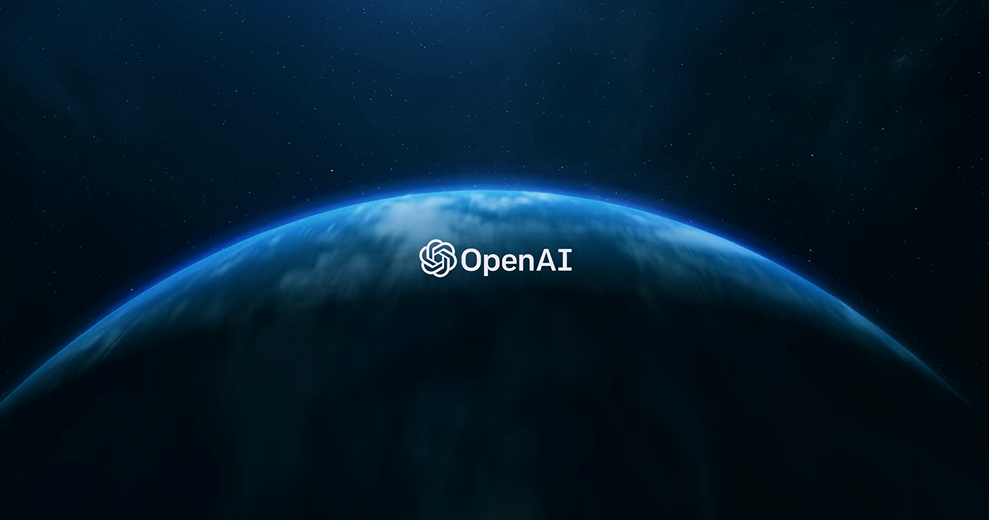 AI
AI
 AI
AI
 AI
AI
OpenAI said today it has struck a deal with Condé Nast, a subsidiary of Advance Publications Inc. so artificial intelligence tools such as ChatGPT and SearchGPT will be able to access and display content from publications that include The New Yorker, Vogue, Condé Nast Traveler, Architectural Digest, GQ, Vanity Fair and Wired.
The partnership follows the launch of OpenAI’s SearchGPT prototype, which was made available to a small subset of users last month. Rather than producing a list of links like traditional search engines such as Google Search do, SearchGPT instead attempts to answer users’ questions directly by generating text, and citing the source from which it obtained its information.
“With the introduction of our SearchGPT prototype, we’re testing new search features that make finding information and reliable content sources faster and more intuitive,” the company said in a blog post today. “We’re combining our conversational models with information from the web to give you fast and timely answers with clear and relevant sources.”
The company added that it intends to integrate the best features of SearchGPT directly within ChatGPT in future.
The deal with Condé Nast is the latest in a string of media partnerships announced by AI firms like OpenAI. It comes at a time when those companies are increasingly being scrutinized by publishers for possible copyright infringement due to practices such as scraping the internet for information.
Last month, the AI-powered search engine Perplexity AI announced a new revenue-sharing model for publishers, after being hit by repeated allegations of plagiarism. Media companies that included Fortune Media IP Ltd., Time USA LLC, Entrepreneur Media LLC, Der Spiegel GmbH & Co., WordPress.com and The Texas Tribune have all since joined that company’s Publishers Program.
Meanwhile, OpenAI itself has announced a string of similar content licensing deals with the likes of the Financial Times and News Corp. The deal with the Financial Times enables OpenAI to display its content through ChatGPT when responding to user’s prompts, and also use its content to train its AI models.
The agreement with News Corp. means it can access current and archived content from publications including the Wall Street Journal, Barron’s, MarketWatch, the New York Post and other sites. It also agreed a deal with Reddit Inc., enabling ChatGPT to source its content from user’s posts.
OpenAI’s latest deal comes at a time when news organizations and other content creators are becoming more aggressive in their efforts to protect their intellectual property, amid fears they’ll lose revenue as AI-generated content becomes more prevalent.
In June, the Center for Investigative Reporting, one of the oldest nonprofit newsrooms in the U.S., revealed it’s suing OpenAI and its main investor Microsoft Corp. for alleged copyright infringement. That came after the likes of the New York Times and the Chicago Tribune filed similar lawsuits against OpenAI.
Just today, it was revealed that another AI firm, Anthropic PBC, was slapped with a class action lawsuit in California by three authors who complain that it misused their books to train its AI chatbot Claude.
That complaint, filed on Monday by writers and journalists Andrea Bartz, Charles Graeber and Kirk Wallace Johnson, alleges that Anthropic used pirated copies of their works and those of other authors in Claude’s training datasets.
Anthropic was previously slapped with a lawsuit by several music publishers, alleging misuse of copyrighted song lyrics, which were also used to train Claude.
Support our mission to keep content open and free by engaging with theCUBE community. Join theCUBE’s Alumni Trust Network, where technology leaders connect, share intelligence and create opportunities.
Founded by tech visionaries John Furrier and Dave Vellante, SiliconANGLE Media has built a dynamic ecosystem of industry-leading digital media brands that reach 15+ million elite tech professionals. Our new proprietary theCUBE AI Video Cloud is breaking ground in audience interaction, leveraging theCUBEai.com neural network to help technology companies make data-driven decisions and stay at the forefront of industry conversations.